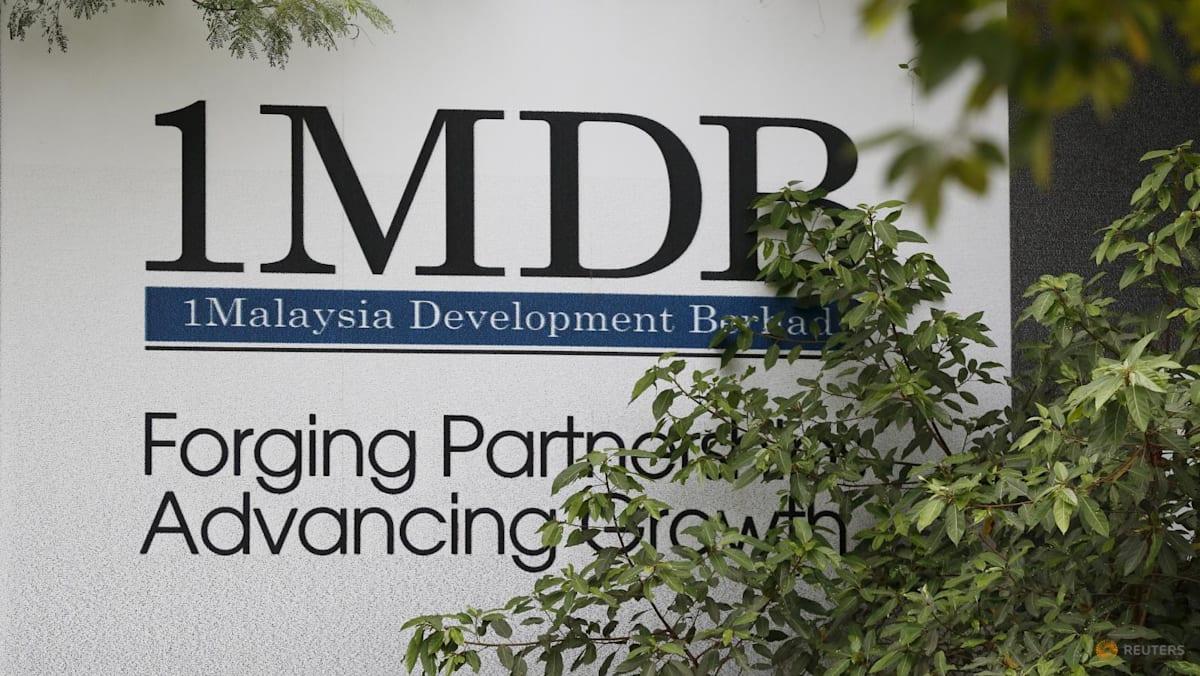UN cybercrime pact to be signed in Hanoi raises hopes, concerns

CRITICS DUB PACT ‘SURVEILLANCE TREATY’
The Cybersecurity Tech Accord, a coalition that includes Meta and Microsoft, has labelled the pact “a surveillance treaty” that facilitates the exchange of personal data among governments and risks “making it easier, not harder, for criminals to engage in cybercrime”.
The convention targets a broad spectrum of offences from phishing and ransomware to online trafficking and hate speech, the UN has said, citing estimates that cybercrime costs the global economy trillions of dollars each year.
But the UN High Commissioner for Human Rights warned during treaty negotiations that “laws with overly broad definitions of cybercrime are frequently used to impose undue restrictions on the right to freedom of expression”.
Raman Jit Singh Chima of Access Now, an advocacy group, said the treaty could facilitate the extradition of individuals persecuted by their governments. The signing in Vietnam “sends a very bad signal” to human rights defenders, he added.
Vietnam is experiencing an escalation of cyberattacks targeting critical infrastructure and big corporations, Le Xuan Minh, head of cybersecurity at the public security ministry, told a press conference this month, noting more international cooperation could help identify perpetrators.
The UN Office on Drugs and Crime (UNODC), which led the treaty talks, said the agreement includes provisions to protect human rights and allows states to reject cooperation requests that conflict with international law.
Activists and tech firms have also voiced concern that the treaty could criminalise ethical hackers who test systems for vulnerabilities, especially when their findings expose sensitive government flaws.
The UNODC said the convention “encourages” states to enable legitimate research activities.
Source: CNA















